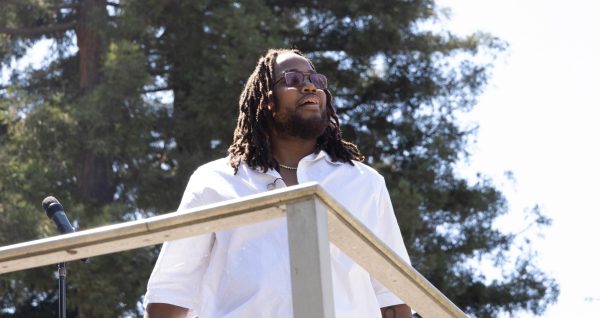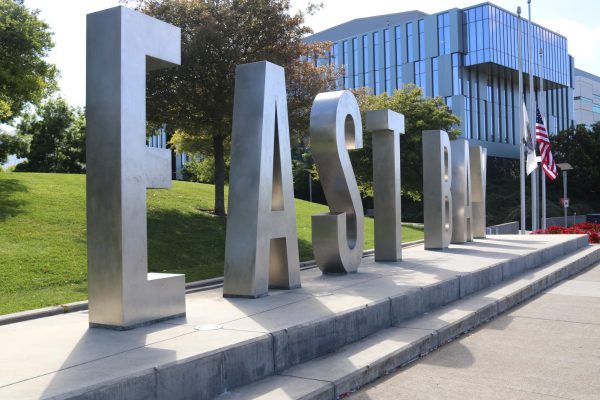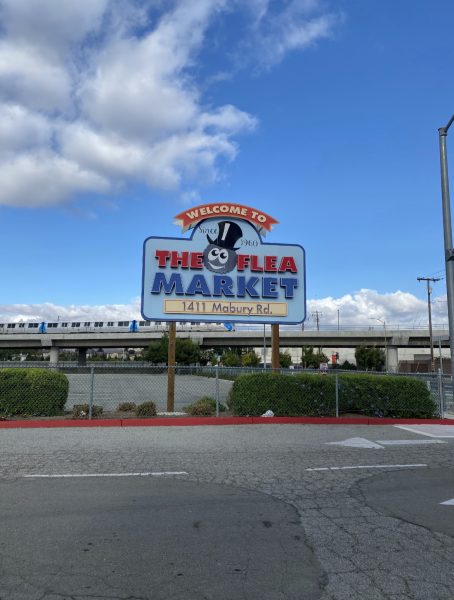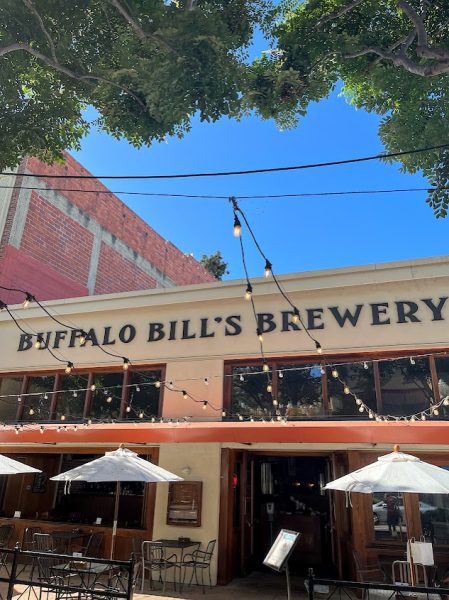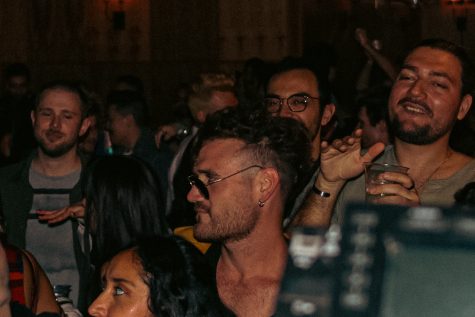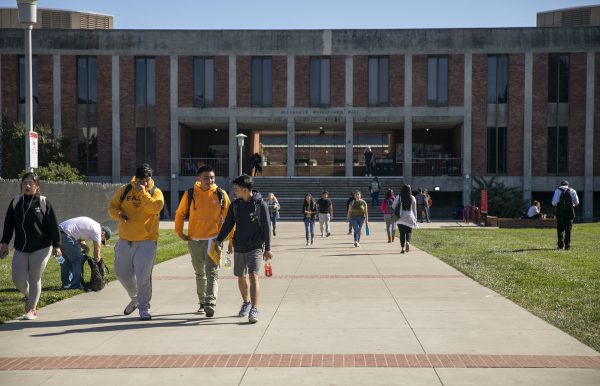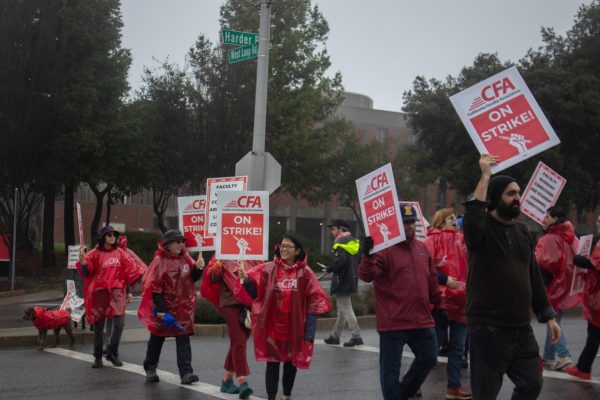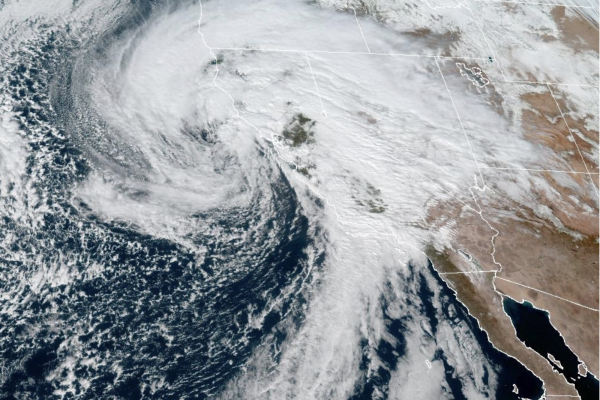CSU East Bay Professor Addresses Black Middle Class Issues
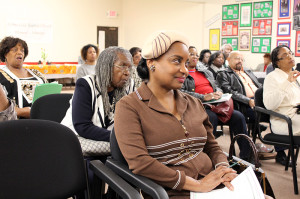
class
California State University East Bay Professor Benjamin Bowser discusses the suppression of the black middle class.
Black History Month is a month to celebrate and commemorate the history, struggles and prevails of African-Americans in the past. In his lecture at Palma Ceia Baptist Church, Bowser discussed African-Americans in comparison to caucasian-Americans in terms of wealth, employment, college acceptance, degrees and social class.
Bowser believes that this kind of event can help educate black people. Though he says, its not just black middle class that is struggling, everyone is struggling.
“You will not find a upper class among African-Americans that is comparable to the White middle class,” said Bowser, “We call our upper class, Oprah, Bill Cosby; these people have millions and billions of dollars… they are upper class to Black people, they are not upper class to white people, the white middle class does not consider them to be upper class.”
Bowser spent three years reading and studying about the black middle class and in turn published a book in 2007, “The Black Middle Class: Mobility and Vulnerabilities.”
“I have heard of the book, but I have never had an opportunity to actually hear the author speak and I enjoyed it immensely,” says member of the South Bay Area Chapter of The Links Inc., Norma Williams, who also co-sponsored the event. “I didn’t know those studies have been about the black middle class.”
“There is not a single African-American family in the United States, that ever got wealthy and that wealth went over to their grandchildren or is still with their grandchildren. We need to change that.” Professor Bowser claimed in his Saturday lecture.
The event, hosted by Women’s Ministry and the Hayward Area Historical Society, was the 4th annual event of its kind.
Many people came in hopes of learning about the middle class, how to manage their money and bring that information back to their family.
“I just happen to see this and because this is the first of the month of black history, I’m concerned about what black people are going to do,” said event attendee Floyd Decker.
“Because as a person and as a race we can do a lot of things, so when there is something having to do with me, black middle class, I want to hear. I want to understand more about it, I want to know how to overcome the difficulties that we are confronted with.”
The crowd of mainly African-Americans took notes, and asked questions regarding the lecture. There were not only African-Americans, but also a few Latino-Americans in attendance, one of them being a former student of Bowser in the early 90s.
“I valued the education I had, remembered Professor and everything he said, he was great,” said Steve Alvarez.
From a Latino American’s perspective Alvarez was listening to people and could see that they are really concerned with African-American culture and society.
“I read it in the newspaper, and recognized Professor Bowser’s name, and I really wanted to see him and I wanted to see what he told us in our classes, and I wanted to see if I could still hear the same message, and it was pretty much the same message, he was consistent.”
Attendees Merlyn and Evelyn Hooker, a couple from New York, found this event to be very enlightening, and view the message as one that needs to be presented in either universities, high schools and elementary schools.
“Most of the colleges have black studies departments now, but that was not always the case,” said Evelyn Hooker, “Most of the colleges and Universities today teach black history and that was not always the case.”
Some people dislike Black History Month for appearing to be stereotypical and segregating. However, many of the people at the event believed otherwise.
“Well, we have a Mexican Heritage, we have a Chinese New Year, the Irish have a day, St. Patrick’s day, and so its nice to celebrate the diverse cultures that make up this area and this country, and there is strength in that, participating in celebrating all the different cultures,” said Williams. “Its not segregation, we are learning about all the people that make up our neighborhoods, friends, our families, our neighbors, that makes you a better person.”






